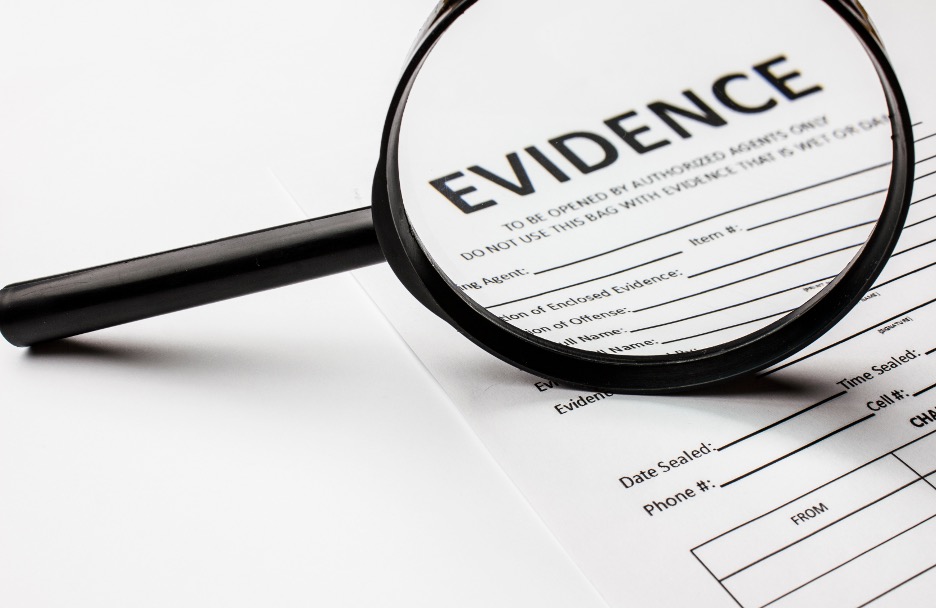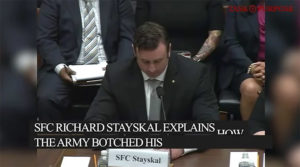Military Medical Malpractice cases are complex and challenging, requiring a meticulous approach to gathering and preserving evidence. Securing strong evidence is crucial for building a compelling case that can stand up in court. In this comprehensive guide, we will explore the essential steps involved in gathering and preserving evidence in Military Medical Malpractice cases.
Understanding the Unique Challenges:
Military Medical Malpractice cases come with their own set of challenges due to the involvement of government entities, the Feres Doctrine, and military regulations. It’s crucial to understand these challenges to navigate the legal landscape effectively.
Immediate Actions After the Incident:
Time is of the essence in collecting evidence for a medical malpractice case. After the incident, the victim or their representative should take immediate actions such as documenting details, taking photographs, and collecting any available medical records.
Securing Medical Records:
One of the primary pieces of evidence in a medical malpractice case is the medical records. In a military setting, obtaining these records might be more challenging, but it’s essential to request them as soon as possible. This includes all relevant documents, such as treatment plans, surgery notes, and post-operative care records.
Preserving Physical Evidence:
If there is any physical evidence related to the malpractice, such as medical devices or equipment, it’s crucial to preserve them. Photographs and detailed documentation can serve as valuable evidence. Additionally, securing any clothing or personal items worn during the incident can be important.
Interviewing Witnesses:
Identifying and interviewing witnesses is a critical step in gathering evidence. This may include fellow service members, medical staff, or anyone who was present during the incident. Witness testimonies can provide valuable perspectives and strengthen the case.
Consulting Expert Witnesses:
In many medical malpractice cases, expert witnesses play a crucial role. These experts can provide their professional opinion on the standard of care, causation, and the extent of damages. Engaging qualified medical experts who understand military medical procedures is essential.
Preserving Digital Evidence:
In the digital age, electronic evidence can be significant. This may include emails, electronic communication between medical staff, and even security camera footage. Ensuring the preservation of this evidence is vital for presenting a comprehensive case.
Maintaining a Detailed Timeline:
Creating a chronological timeline of events is a helpful tool in organizing and presenting evidence. Include dates, times, and details of each significant event related to the malpractice. This timeline can serve as a visual aid for attorneys, experts, and the court.
Documenting Changes in Health:
As the victim, documenting any changes in health or complications arising from the malpractice is crucial. This includes photographs of injuries, detailed notes on symptoms, and any subsequent medical treatments sought outside the military facility.
Adhering to Chain of Custody:
For physical evidence, maintaining a clear chain of custody is essential. This ensures that the evidence’s integrity is preserved and can be traced back to its origin without any doubt. Proper documentation of who handled the evidence and when is crucial.
Understanding Military Regulations:
Military facilities operate under specific regulations, and understanding these regulations is crucial for building a strong case. Legal professionals specializing in Military Medical Malpractice are well-versed in navigating these regulations to ensure all necessary evidence is obtained.
Working with Legal Experts:
Collaborating with attorneys experienced in Military Medical Malpractice is imperative. They can guide the evidence-gathering process, provide legal counsel, and ensure that all aspects of the case adhere to the relevant laws and regulations.
Conclusion:
Gathering and preserving evidence in Military Medical Malpractice cases is a meticulous process that requires attention to detail and a thorough understanding of the unique challenges involved. By taking immediate actions, collaborating with legal experts, and leveraging various forms of evidence, victims can build a robust case that stands up in court. In seeking justice for military medical malpractice, the careful preservation of evidence is a critical step towards achieving a favorable outcome.
Take the first step towards justice. Contact us today for a confidential consultation and let our experienced legal team guide you through the process of pursuing a Military Medical Malpractice claim. Your rights matter, and we are here to help you seek the compensation you deserve. Don’t wait – let us be your advocates in the pursuit of justice.

 Call Now- Open 24/7
Call Now- Open 24/7





